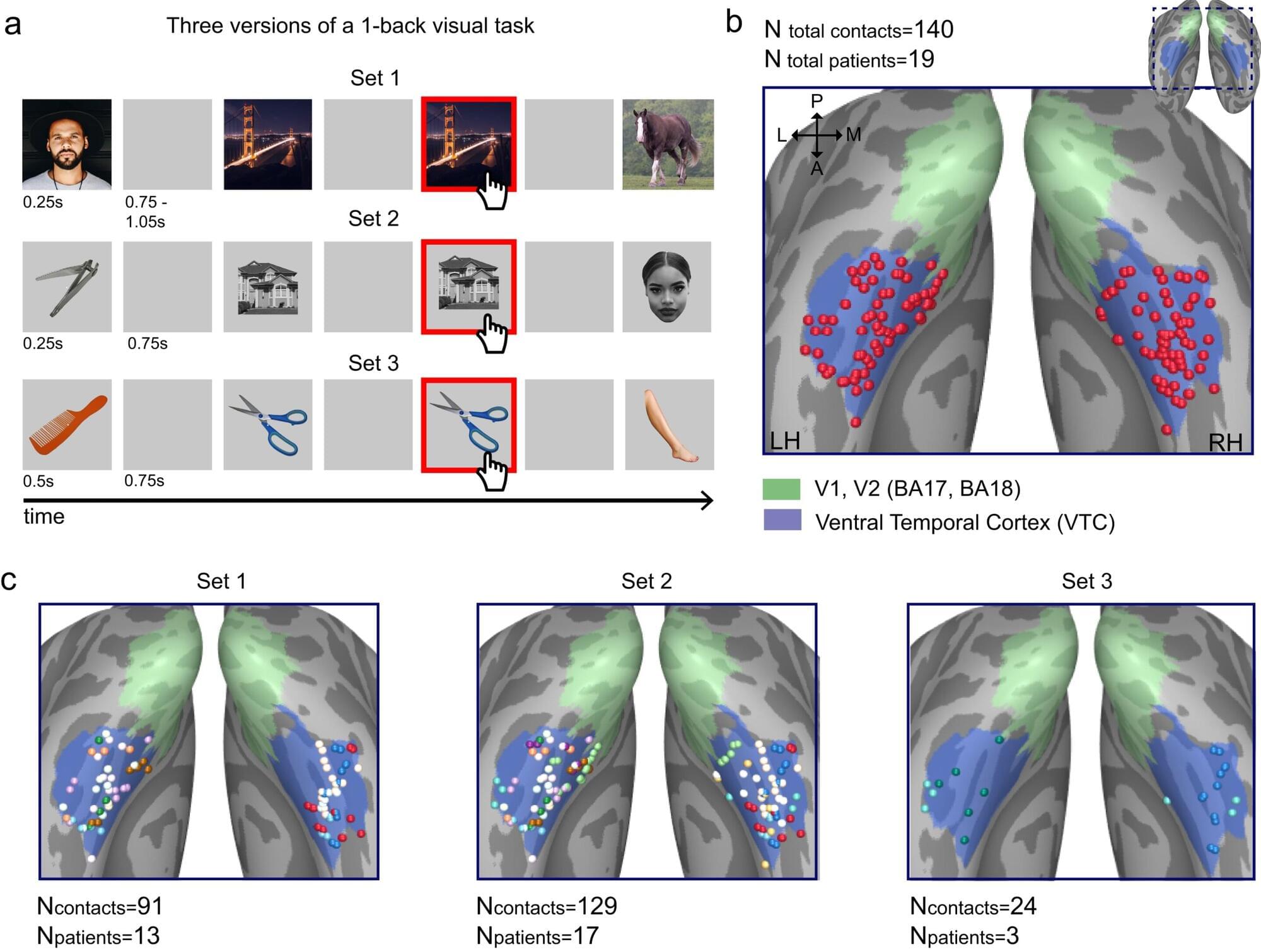A newly developed nanoparticle-based vaccine successfully prevented melanoma, pancreatic, and triple-negative breast cancers in mice. | Drug Discovery And Development



Researchers in Northern Ireland examined whether exposure to fine particulate matter (PM2.5) and nitrogen dioxide (NO₂) increases the risk of Parkinson’s disease. While no overall link was found after adjusting for confounders, younger adults under 50 showed a modest association with PM2.5, raising questions about age-related susceptibility and diagnostic misclassification.

Many of the environments where human-facing universal robots can provide benefits — homes, hospitals, schools — are sensitive and personal. A tutoring robot helping your kids with math should have a track record of safe and productive sessions. An elder-care assistant needs a verifiable history of respectful, competent service. A delivery robot approaching your front door should be as predictable and trustworthy as your favorite mail carrier. Without trust, adoption will never take place, or quickly stall.
Trust is built gradually and also reflects common understanding. We design our systems to be explainable: multiple AI modules talk to each other in plain language, and we log their thinking so humans can audit decisions. If a robot makes a mistake — drops the tomato instead of placing it on the counter — you should be able to ask why and get an answer you can understand.
Over time, as more robots connect and share skills, trust will depend on the network too. We learn from peers, and machines will learn from us and from other machines. That’s powerful but just like parents are concerned about what their kids learn on the web, we need good ways to audit and align skill exchange for robots… Governance for human–machine societies isn’t optional; it’s fundamental infrastructure.

How is it that we all see the world in a similar way? Imagine sitting with a friend in a café, both of you looking at a phone screen displaying a dog running along the beach. Although each of our brains is a world unto itself, made up of billions of neurons with completely different connections and unique activity patterns, you would both describe it as: “A dog on the beach.” How can two such different brains lead to the same perception of the world?
A joint research team from Reichman University and the Weizmann Institute of Science investigated how people with differently wired brains can still perceive the world in strikingly similar ways. Every image we see and every sound we hear is encoded in the brain through the activation of tiny processing units called neurons — nerve cells that are ten times smaller than a human hair. The human brain contains 85 billion interconnecting neurons that enable us to experience the world, think, and respond to it.
The question that has intrigued brain researchers for years is how this encoding is performed, and how it is possible for two people to have completely different neural codes, yet, end up with similar perceptions?


Can a child’s imagination alter the laws of physics? In this speculative science essay, we explore SCP-239, “The Witch Child” — a sleeping eight-year-old whose mind can reshape matter, rewrite probability, and collapse reality itself.
We examine how the SCP Foundation’s containment procedures—from telekill alloys to induced comas—reflect humanity’s struggle to contain a consciousness powerful enough to bend the universe. Through philosophy, ethics, and quantum speculation, this essay asks:
What happens when belief becomes a force of nature?
🎓 About the Series.
This video is part of our Speculative Science series, where we analyze anomalous phenomena through physics, cognitive science, and ethics.
📅 New speculative science videos every weekday at 6 PM PST / 9 PM EST.
🔔 Subscribe and turn on notifications to stay at the edge of what’s possible.
💬 Share your theories in the comments below:
Should SCP-239 remain asleep forever, or does humanity have a moral duty to understand her?
#SCP239 #SpeculativeScience #TheWitchChild #SCPFoundation #ScienceFiction #Philosophy #AIExplained #Ethics #SciFiEssay #LoreExplained



Elon Musk’s AI firm xAI is planning a massive fundraising effort. The company aims to secure around $20 billion. This includes a significant equity investment from chip giant Nvidia. The deal structure involves Nvidia processors being rented out for five years. This innovative approach could set a new trend for tech financing.